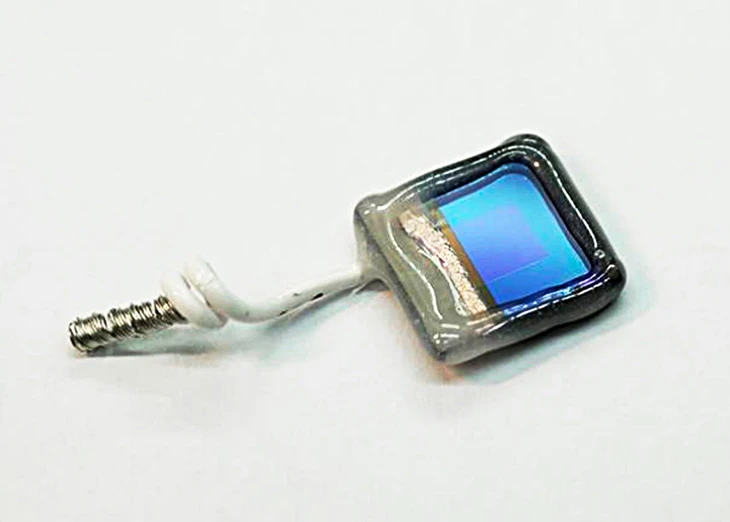
“Semi-artificial leaf” - a breakthrough solution for the chemical industry - Photo: Cambridge University
A team of scientists led by the University of Cambridge (UK) has developed a sustainable method to create chemical compounds - the basis of thousands of products from plastics to cosmetics in everyday life.
The chemical industry currently produces hundreds of thousands of compounds by converting raw materials, mainly fossil fuels, into products that serve humans. However, its large scale and dependence on these raw materials means that the chemical sector accounts for about 6% of global carbon emissions.
To address that problem, scientists have developed a way to “de-fossilize” the chemical industry. They created a hybrid device called a “semi-artificial leaf” that combines light-absorbing organic polymers with bacterial enzymes to convert sunlight, water and CO₂ into formate – a fuel that can drive further chemical reactions.
The formate compound is then used directly in a "domino" reaction chain to produce an important substance used in pharmaceutical production, achieving high yield and purity.
The work, published in the journal Joule, marks the first time an organic semiconductor has been used as a light-absorbing material in a biohybrid device, opening up prospects for a future generation of sustainable "artificial leaves".
Source: https://tuoitre.vn/cong-nghe-moi-giup-san-xuat-nhua-my-pham-khong-can-nhien-lieu-hoa-thach-20251013115822064.htm


![[Photo] Solemn opening of the 1st Government Party Congress](https://vphoto.vietnam.vn/thumb/1200x675/vietnam/resource/IMAGE/2025/10/13/1760337945186_ndo_br_img-0787-jpg.webp)







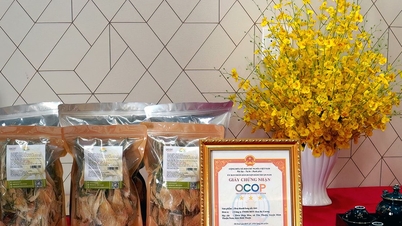








![[INFOGRAPHIC] Birds follow storms to find food](https://vphoto.vietnam.vn/thumb/402x226/vietnam/resource/IMAGE/2025/10/13/1760345532978_thumb-chim-hai-au-jpg.webp)

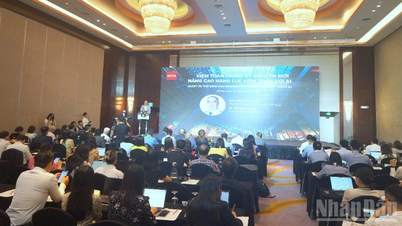

















![[Photo] General Secretary To Lam attends the opening of the 1st Government Party Congress](https://vphoto.vietnam.vn/thumb/1200x675/vietnam/resource/IMAGE/2025/10/13/1760321055249_ndo_br_cover-9284-jpg.webp)




























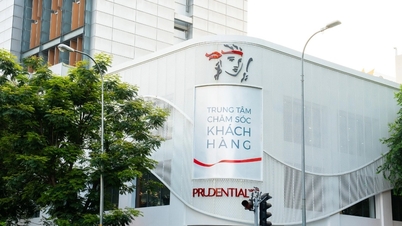







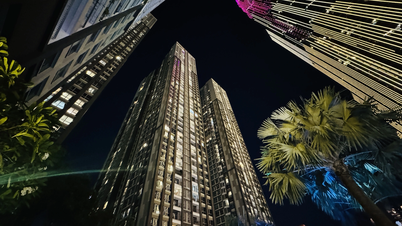








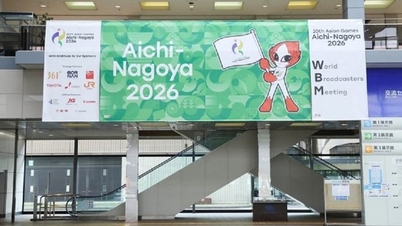






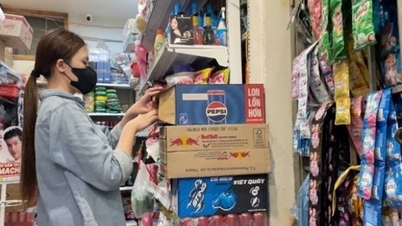
















Comment (0)